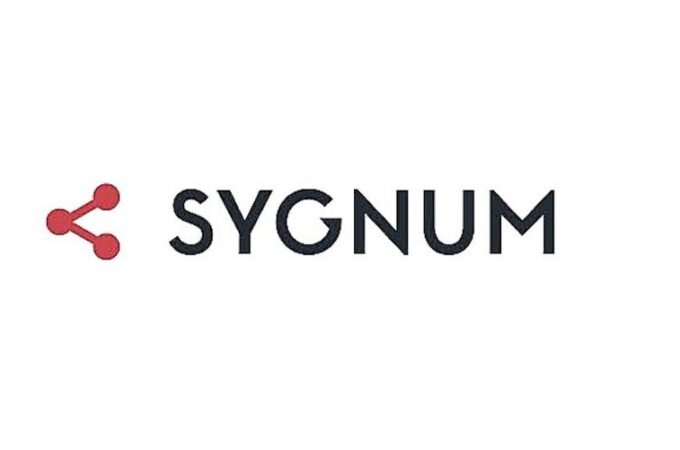
Deals: Remittance startup Azimo raises $15M from Viber owner, e-commerce giant Rakuten
By Ingrid Lunden for techcrunch.com
Azimo was once in talks to be acquired by WhatsApp and Messenger owner Facebook. And while may not have gone anywhere, today it is announcing funding from another big tech company in possession of a major messaging app. Viber owner Rakuten is putting $15 million into the London-based remittance startup. It’s a strategic investment: the funding will be used to help Azimo integrate into messaging apps like Viber, but also to expand its services further into Asia from its primary base in Europe.
The investment comes out of Rakuten’s FinTech Fund, which has been especially active recently, leading a $120 million round for Cabify and partnering with PayPal in a $30 million investment in investing app Acorns. (The company has also lost some other investment bets: in February it wrote down some $340 million from its own assets.)
Azimo’s co-founder and CEO Michael Kent said the company is not disclosing its valuation but from what I understand, it is at an increase from its previous round, when it raised $20 million on a $100 million valuation. The company is likely to raise a bigger round next year.
To date, Azimo makes most of its transactions across Europe, targeting (as many remittance startups do) migrant workers who send money mostly to family back home. The endpoints that Azimo serves span 190 countries and 80 currencies, and it says that some 500 million people have transferred money through its app since it was founded in 2012.
It was an early and innovative mover in the space and is now one of the more popular services in Europe. This is one reason for Rakuten’s interest:
“Azimo has cemented itself as the European specialist in digital remittances and its global network is unrivalled in the industry. This is a testament to an outstanding team, led by Michael and Marta, who saw an opportunity four years ago to disrupt the $600 billion remittance industry,” said Oskar Mielczarek de la Miel, Managing Partner at the Rakuten FinTech Fund, who will also be joining the board of Azimo, in a statement. “Rakuten prides itself on being a catalyst for digital innovation. In Azimo we see a scalable business model, technical expertise, and a strong social mission we believe will make them even more successful in the future.”
Asia is a big step up for the company: there are some 60 million migrants from the region and some $250 billion is transferred annually in the region, and today some 75% of that activity is done offline with banks or money transfer operators like Western Union. Azimo hopes to disrupt this by offering transaction fees below 2%, compared to offline rivals that charge between 5% and 8%.
While Azimo is already offering services into the Philippines and Thailand, this investment will help the company extend that to more locations.
Whether that will be via Viber or other Rakuten channels has yet to be announced but it seems like this is some of the thinking: Rakuten — like other e-commerce giants — stores payment details and other data about its customers and as it considers ways of developing its business, financial services could be one way of doing that.
On another front, expanding into remittance services could help another one of Rakuten’s businesses, Viber. Last month, when the messaging company announced that it would be adding more security and privacy features into the app, the company’s COO also told me that it was working on messaging bots.
Interestingly, this is also something that Kent said Azimo was experimenting with to provide remittance services. If you put two and two together, there’s a very good chance we’ll start seeing Azimo’s services appearing across more platforms like this.
That would not be Azimo’s first forays into using social media to enable its services. Azimo was an early mover in facilitating transfers on Facebook’s platform, by way of a Facebook app. Facebook spotted how well this worked and saw what a natural complement messaging was to sending money, that it started to make some moves of its own in this area, not only by attempting to acquire companies in the space, but byeventually building services of its own within its own person-to-person Messenger messaging app.
Kent notes that although Rakuten is investing, it doesn’t necessarily meant that Azimo will cease to be platform-agnostic.
“We’re looking at all of them, not just Viber,” he said. “Our roadmap for targeting as many people as possible means that you can’t just rely on one.”
And, it seems, this is also a strategy followed by consumers, who are often balancing one transfer service against another for the best rates. Other competitors includeRemitly (which raised $38.5 million last week), WorldRemit, TransferWise, and of course biggies like Western Union and MoneyGram. As a measure of how much consumers churn, it’s telling that in today’s market, the biggest of them all, Western Union, only controls about 17% of the market, speaking to how much those making transfers are willing to shop around to look for the best deal on the date, and just how many companies are trying to take advantage of that.
First appeared at Techcrunch.com





